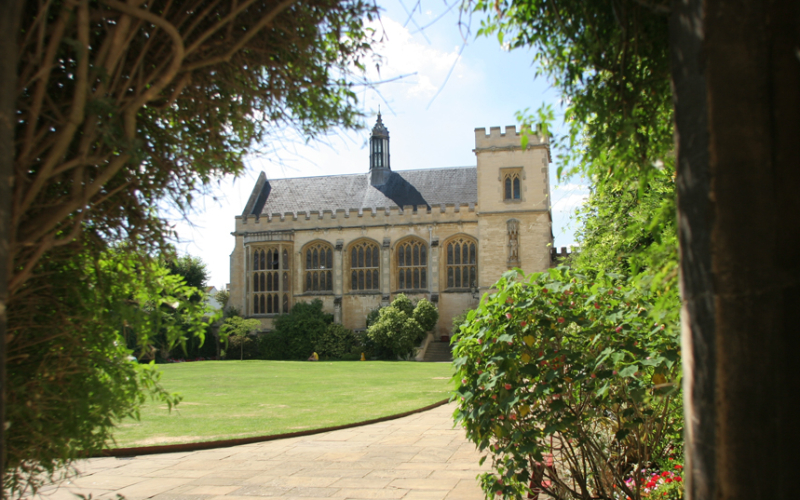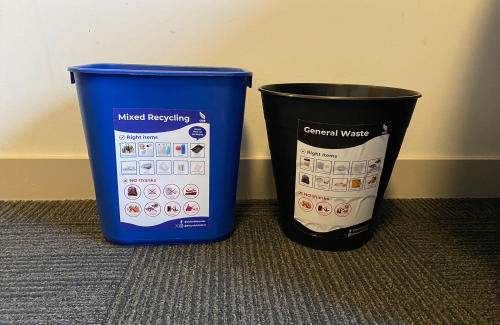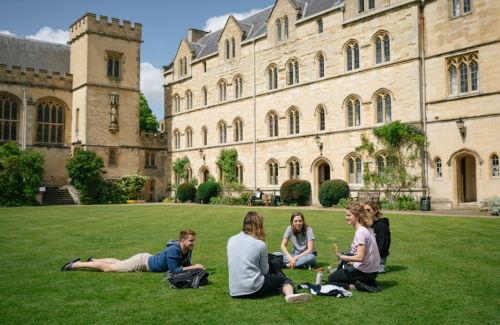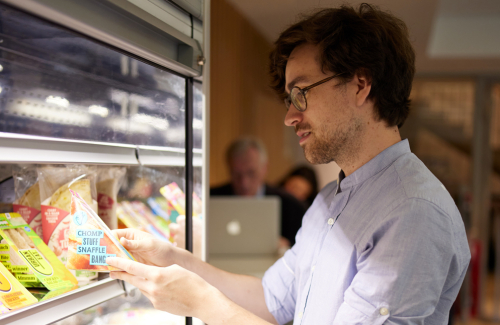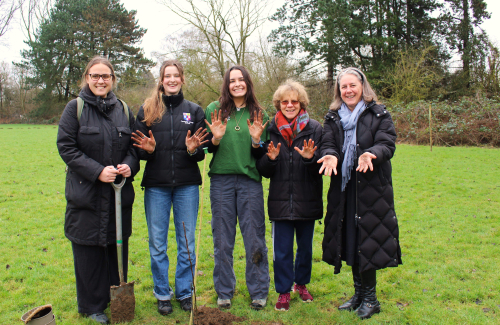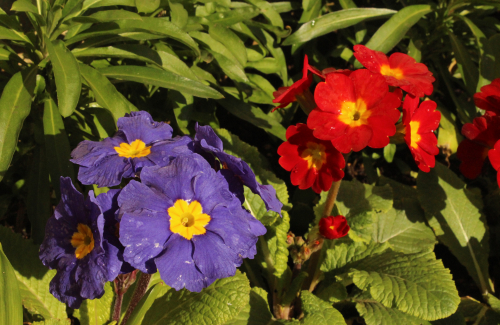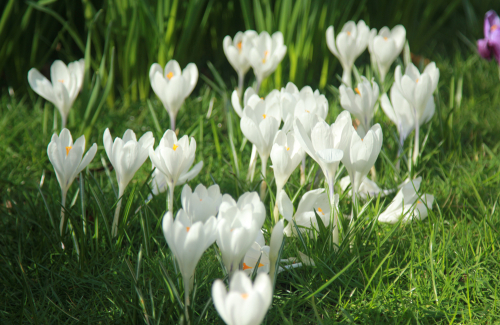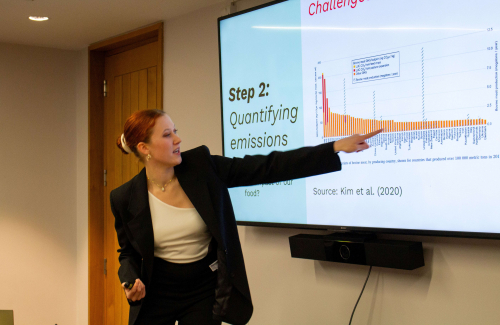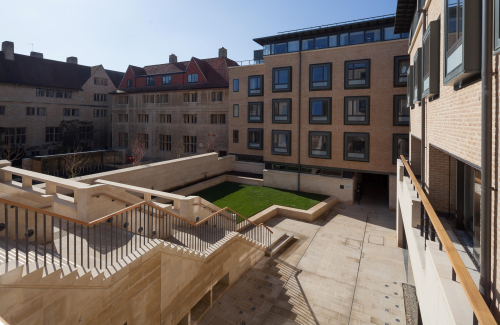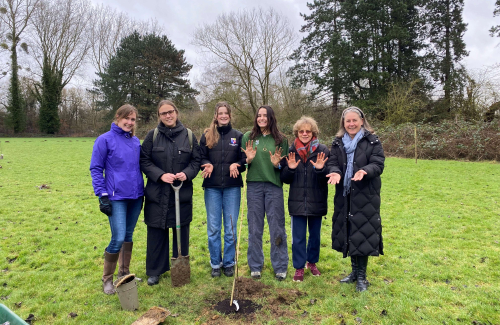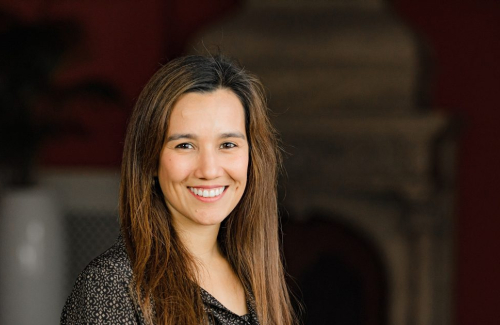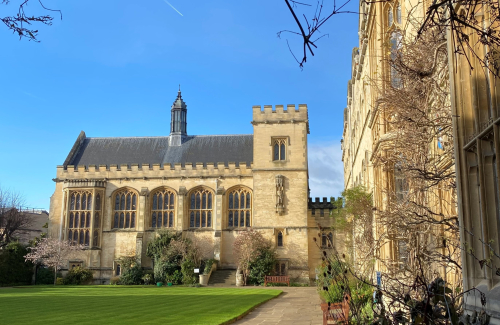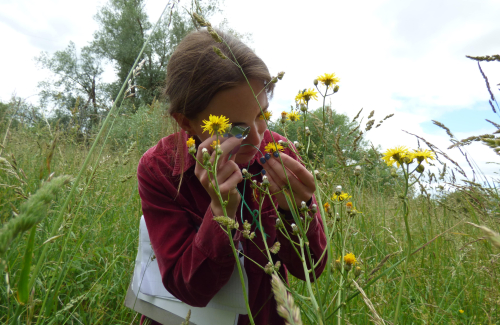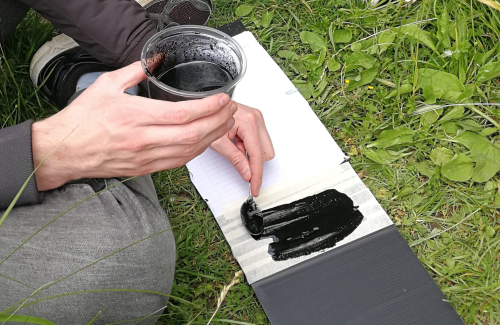Sustainability
As a community we are mindful of our responsibility to future generations and determined to reduce our impact on the planet and to create an environment where sustainable choices are the norm.
Our Commitments
- We aspire to achieve Net Zero operational carbon by 2030 and absolute zero by 2040.
- We are committed to setting meaningful goals for:
- Scope 3
- Biodiversity gain
Green Impact Gold for Pembroke!
We are proud to announce that in 2025 Pembroke achieved a Green Impact Gold Award. Green Impact is a United Nations award-winning programme designed to support environmentally and socially sustainable practice in organisations. Pembroke's Green Impact Team comprising both students and staff, hosted a number of events such a plant swap, a sustainable travel breakfast and a research talk on beef consumption in Oxford Colleges, and also worked together to implement new initiatives including planting wildflowers and the setting up of a stationery sharing point for staff.






